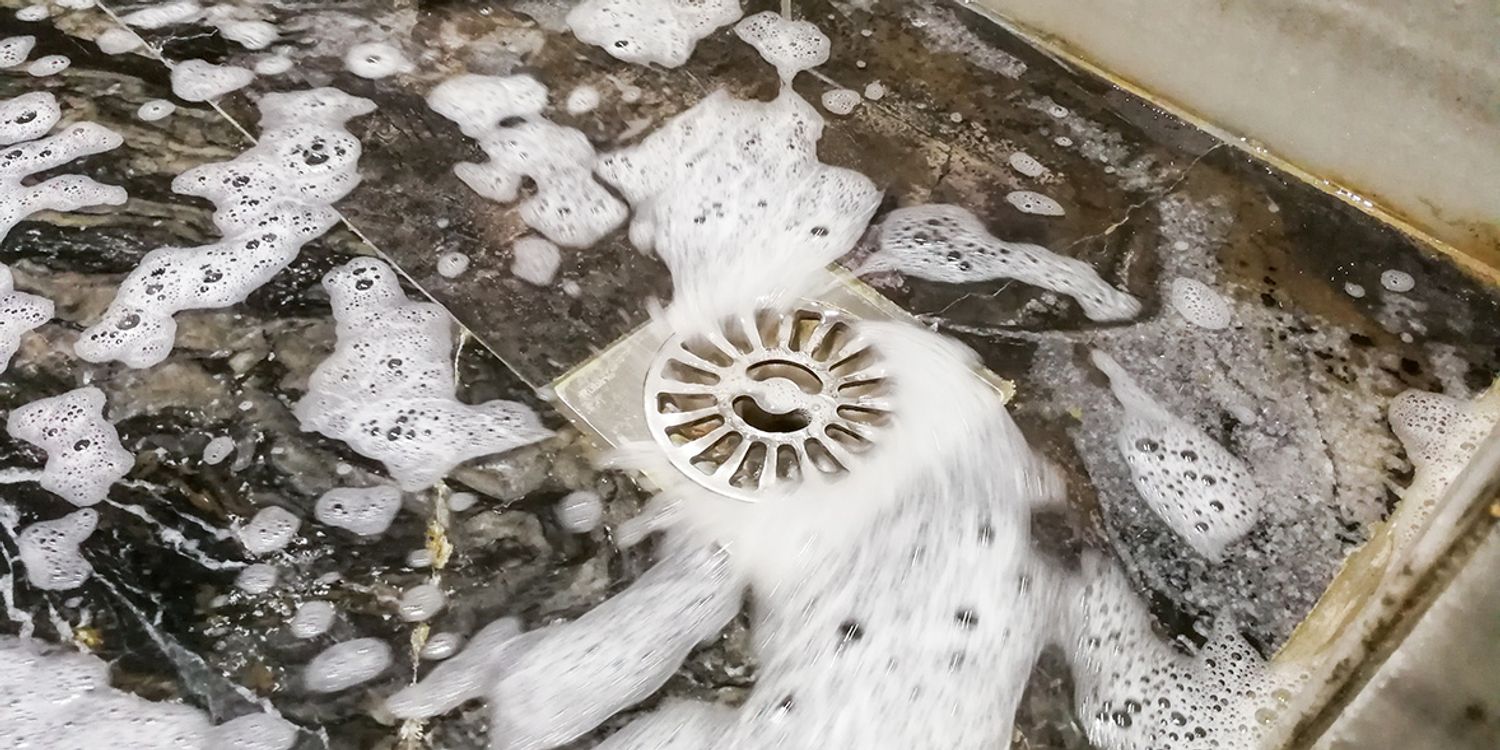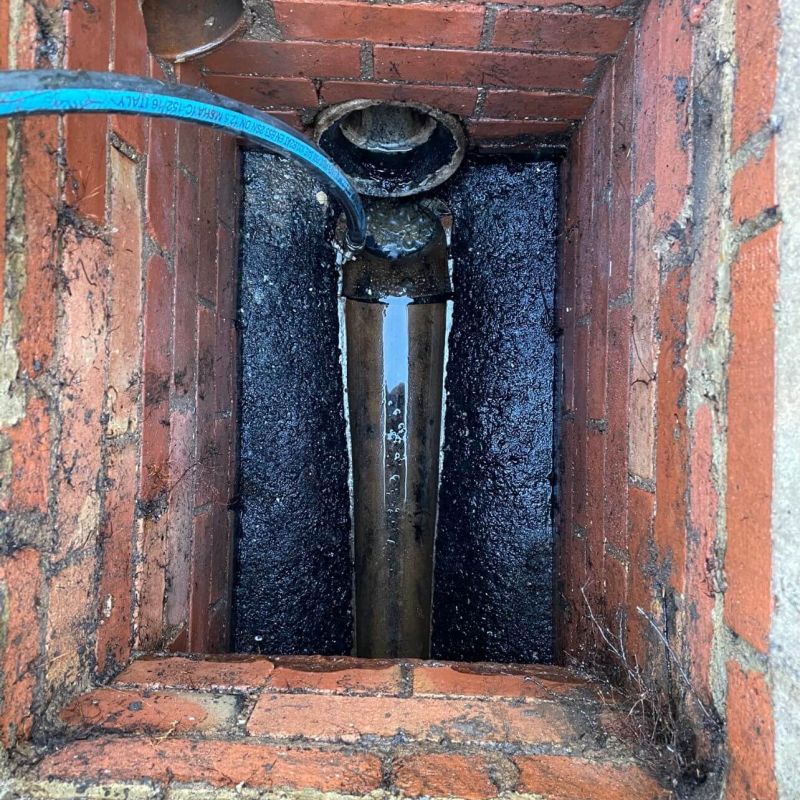The article following next about How to handle a clogged drain in your home is particularly interesting. You should keep reading.

Introduction
Handling an obstructed drain can be an irritating experience, interfering with daily tasks and possibly creating damage to your residential property. Nonetheless, prior to connecting to plumbing professionals, there are steps you can take to attend to the problem yourself. In this guide, we'll explore DIY solutions and preventive measures to tackle an obstructed drainpipe efficiently.
Determining the Concern
The very first step in resolving a blocked drain is identifying the indications. Sluggish drain, gurgling sounds, foul odors rising from drains pipes, or water backing up prevail indications of an obstructed drainpipe. Recognizing these signs early can aid protect against further issues.
Usual Root Causes Of Blocked Drainpipes
Recognizing the aspects that contribute to drain clogs is necessary for effective resolution. Typical wrongdoers include hair, soap scum, oil, food particles, and international objects like sanitary products or paper towels. Tree origins attacking below ground pipelines can likewise trigger substantial clogs.
Do it yourself Solutions
For small clogs, numerous do it yourself remedies can be reliable. Putting boiling water down the drain can aid liquify oil and particles. Sodium bicarbonate and vinegar or a combination of salt and cooking soda can act as all-natural cleansers. Utilizing a plunger or pipes serpent to remove obstructions is an additional alternative.
Devices and Equipment
Having the right devices handy can make DIY drainpipe cleaning up more reliable. A plunger is a versatile device for getting rid of obstructions in sinks, toilets, and showers. A plumbing serpent or auger can reach much deeper blockages, while drain cleaning chemicals can be made use of very carefully for stubborn clogs.
Preventive Measures
To prevent future clogs, embracing safety nets is vital. Mount drain guards or strainers to capture hair and particles before they go into the pipes. Regularly flush drains with hot water to dissolve grease accumulation, and prevent taking care of oil or strong waste away.
When to Call a Professional
While do it yourself solutions can resolve minor clogs, particular signs indicate the need for specialist aid. Relentless obstructions, foul odors despite cleaning initiatives, or numerous drains pipes backing up simultaneously are warnings that call for professional treatment.
Selecting the Right Pipes Service
When picking a plumbing solution, think about variables such as experience, licensing, and client testimonials. Select a trusted plumber with a record of top quality craftsmanship and clear prices techniques.
Price Factors to consider
The expense of specialist drain cleaning company can vary relying on the extent of the clog and the plumber's prices. Demand quotes from several carriers and inquire about any type of added fees to ensure openness and stay clear of shocks.
Safety and security Measures
When trying DIY drain cleansing, focus on safety and security. Use protective gloves and glasses to stay clear of contact with dangerous chemicals or germs. Never blend different drainpipe cleaning products, as this can create dangerous fumes.
Case Researches
Real-life instances illustrate the effectiveness of DIY remedies and the value of prompt professional intervention in settling drain clogs.
Conclusion
By adhering to the ideas laid out in this overview, you can efficiently tackle obstructed drains and avoid future plumbing issues. Whether going with do it yourself solutions or seeking specialist support, timely action is essential to maintaining a healthy pipes system and protecting the stability of your home.
9 Ways You Can Clear a Blocked Drain
Blocked Drains from Hair
We’ve seen it all before, a build-up of hair that’s leads to a clogged drain. Most times it’s a moderately easy task to simply ‘remove the hair’, but if it’s not cleared up straight away – it can cause a lot of issues down the line.
Hair falling off the body in the shower or while getting ready over the sink and in the bathroom is one of the most common causes of blocked sinks and drains. But whilst it’s a common problem for many homeowners, there are ways you can fix your drain and put a long-term solution in place.
How to Fix Blocked Drains from Hair?
What to do: Small amounts of hair can be removed by pulling it out with gloved hands to avoid it getting worse. Drain cleaning devices such as drain spiders can also be purchased to help remove the hair from the drain. However, it’s important to be careful as some devices and cheap hair removal chemicals can make the problem worse.
It’s important to remove the hair before it gets clogged into the entry of the drain pipes. If you’re unable to reach the hair or the devices aren’t working as intended, it’s time to speak to a blocked drain specialist.
Blocked Drains from Plants and Dirt
Natural debris like trees, shrubs, dirt and leaves can be an issue for water drains, especially after spring and autumn. Your regular garden and drain maintenance that keeps the outdoor area looking great is also essential to the productivity of your water drains and pipes.
Leaves aren’t the only culprit, however – tree roots are notorious for growing underneath in search of water and as a result, will usually head straight to your drains.
How to Fix Blocked Drains from Plants and Dirt?
What to do: To prevent plants, leaves and dirt from blocking the drains, keep the outdoor area clear of fallen leaves and debris. If this mess is left long enough, it will cause your drains to become severely blocked.
Keep your trees well-watered so they are less drawn to the drains as a source of moisture and stay away from clogging plants where possible; like willow trees, oak trees, magnolias, boxwood shrubs, palm trees and gum trees.
While ensuring your yard is free from leaves and dirt is a great way to prevent build-up, sometimes the real issues lay under the surface. Tree roots can crack your drain pipes beneath your home – causing severe blockages and leaks. Specialist drain cleaning equipment can be used to clear the blockage and pipe relining technology can provide a long-term structural repair.
Blocked Drains from Grease Build-up
Like hair in the bathroom, grease and fat will build-up in the kitchen sink over time. These fatty substances are a very common cause of blocked drains and pipes and can be a nuisance to clear out.
Any grease waste or fatty substance that is washed down the sink will stick to the inside of the pipes and eventually build up to a point no liquid can pass through. It’s important to be aware that this grease doesn’t leave the pipes as easily as you would expect.
How to Fix Blocked Drains from Grease Build-up?
What to do: Avoid washing these fatty ingredients down the affected drain as much as possible. Grease that’s washed down the drain will cool and harden in the pipes.
A smart way to prevent this build-up of grease is to start collecting all glass jars that you purchase at the supermarket. Then, instead of pouring this oil or kitchen grease down the drain, put it in the small glass or plastic containers to discard with your garbage.
Blocked Drains from Toiletries
As more people get into the habit of disposing of toiletries down the drain, bigger problems are being caused in our pipes and sewers. Nappies and baby wipes are the two common issue items known to block drains after being flushed down the toilet.
Such items become immersed with water, they absorb the moisture and enlarge, quickly blocking access to water drains and pipes.
How to Fix Blocked Drains from Toiletries?
What to do: This way of disposing of toiletries is dreadful for the environment and everyone should be encouraged to dispose of toiletries the right way. In the home, these items should be taken out with your garbage, just as people should make use of the designated bins when using public changing rooms and toilets.
Blocked Drains from Heavy Rain and Storms
Throughout the wet season, drains will experience floods of water because of heavy rainfall. Because drains aren’t really designed to take the full impact of this weather, water build-up can be common in many Perth households.
When there is an overflow of rainwater in gutters and downpipes, there’s a good chance there’s a blocked drain that needs to be cleared out.
How to Fix Blocked Drains from Heavy Rain and Storms?
What to do: Ensure gutters and outdoor drains are cleaned during the wet season to prevent a build-up of leaves which will cause a bigger blockage. Problems caused by heavy rain and storms will usually require a plumber to help unclog and assist with the wastewater removal. If this is the case, contact them as soon as possible to prevent further build-up and potential flooding in your home and yard.

I came across that post about What I learned from trying to deal with a clogged drain when browsing on the search engines. Sharing is caring. You just don't know, you might be helping someone out. We treasure your readership.
Click Here